Explore our exciting Pathways course clusters for Fall 2024. Each of the six clusters is helmed by a renowned faculty member in a small-class experience. For details on each cluster, click the Cluster Titles.
- Hub Political Science 41: Democracy Ancient and Modern (Philosophy and Values breadth, 4 units)
- Wing 1 History 7A: The US from Settlement to Civil War (Historical Studies breadth, 4 units)
- Wing 2 German 39P: Law and Literature – no German language familiarity is required for this course, all texts will be read in English (Art and Literature breadth, 4 units)
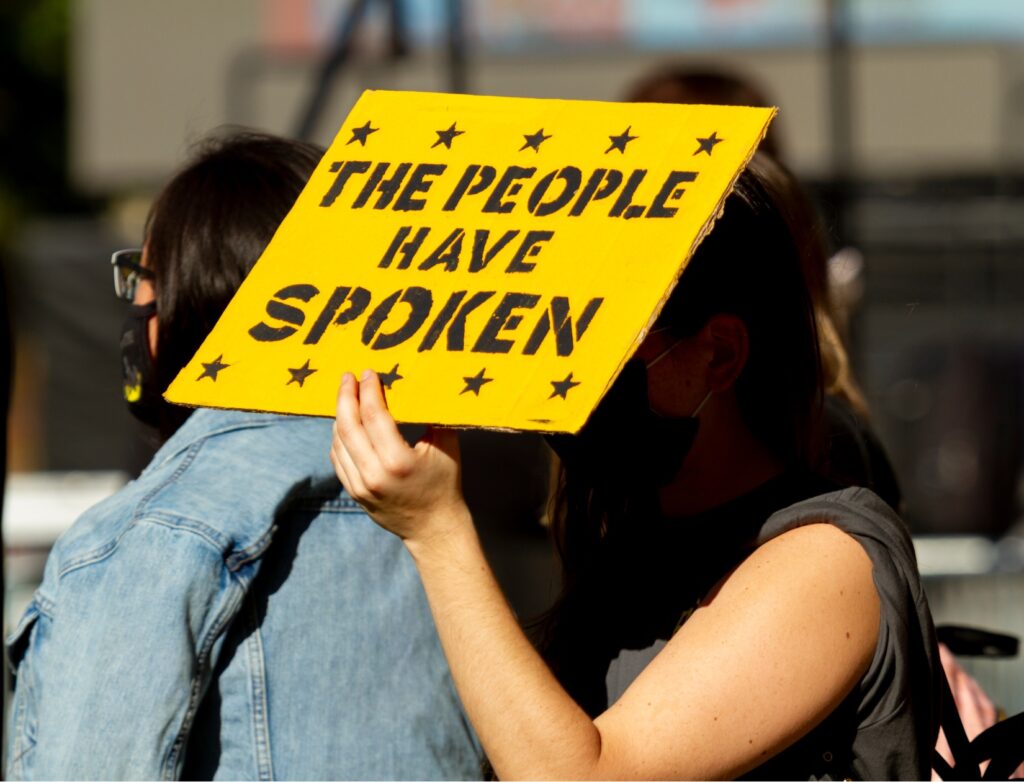
How has democracy been defined across different national and historical contexts? How was it defined in Ancient Greece or during the French Revolution or the writing of the US Constitution, or in the present day in countries like Chile and Iceland? How have the primary philosophical tenets of democracy been illuminated by playwrights, novelists, and filmmakers? This cluster combines courses in Political Science, US History, and modern international literature to introduce students to the long history of debates about this foundational political system in multiple national contexts.
Fall Semester (13 Units)
- Hub Chemistry 1A: General Chemistry
- Hub Chem 1AL: General Chemistry Laboratory
- Wing 1 Math 10A: Methods of Mathematics: Calculus, Statistics, and Combinatorics
- Wing 2 Sociology 1: Introduction to Sociology (Social and Behavioral breadth)
Spring Semester (12 Units)
- Hub course: Ethnic Studies 12: Pandemics and Writing History (Historical Studies breadth)
- Wing 1: Math 10B: Methods of Mathematics: Calculus, Statistics, and Combinatorics (part 2)
- Wing 2: College Writing R&C: Writing for the biological sciences
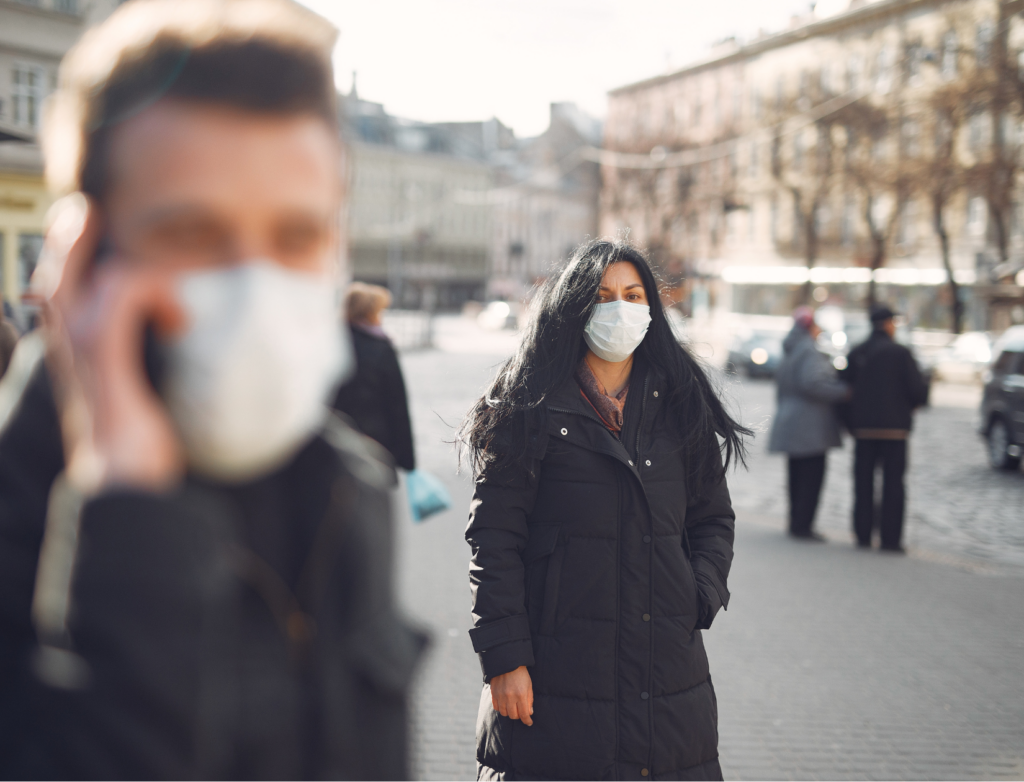
This is a brand-new, year-long cluster piloted for the 2024-25 academic year. Participants will be enrolled in a full complement of courses that meet recommended first-year courses for medical school, as well as a hub course on the histories of race and immigration in public health debates, and a first-year writing course on writing for the biological sciences. Students will be enrolled in all courses for both semesters of their first year, with full unit loads both semesters.
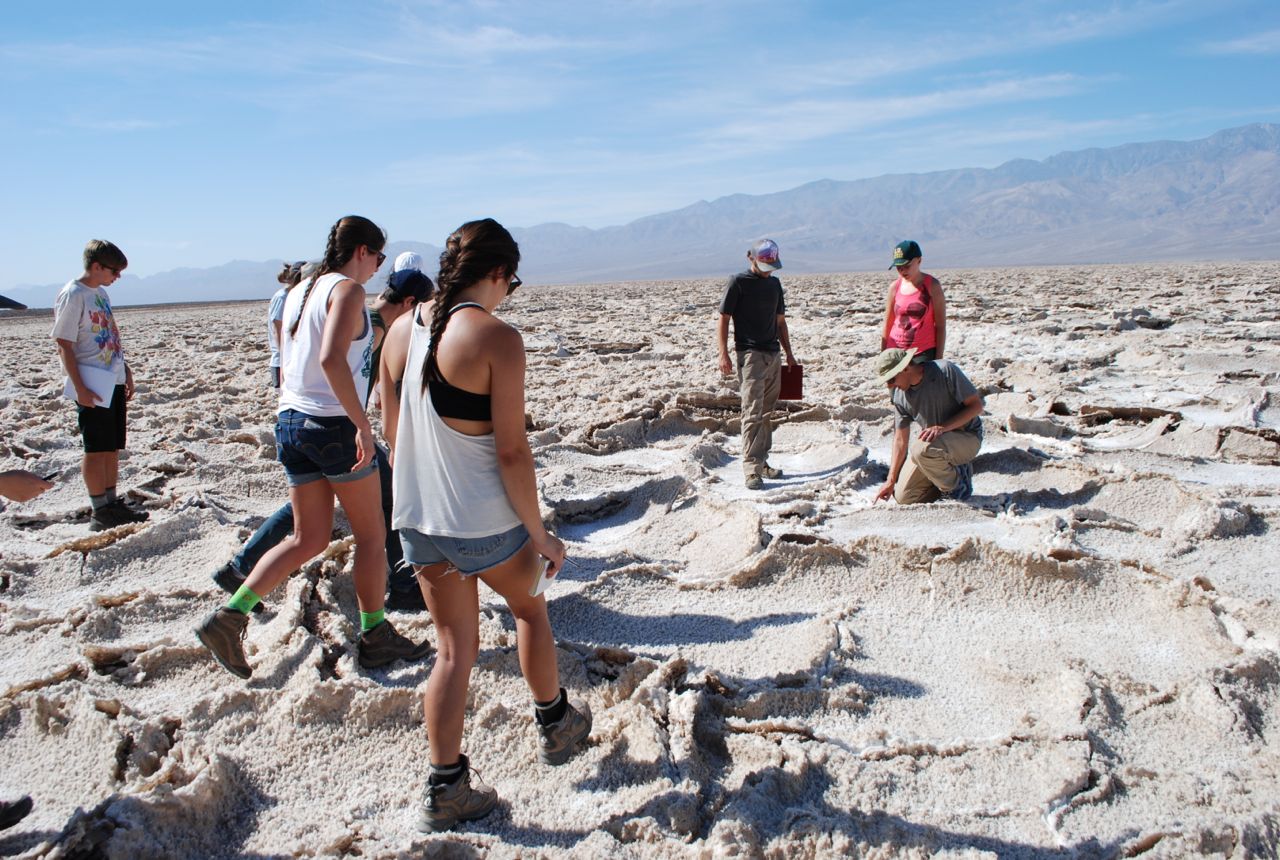
What does it mean to study something “from the field,” and how might that form of investigation teach us new things about California? Introducing you to the ideas and research forms of biology, archaeology, and geography, this cluster of courses will help you understand California from the perspective of its varied biomes, its human histories, and its forms of urban development. The hub course in Integrative Biology will feature five field trips to UC field stations and natural reserves located in and around the Bay Area (Point Reyes, Blue Oak Ranch, Hastings). Costs for these trips will be covered, no additional fees are assessed, but you must be able to fit them into your schedule.
- Hub Integrative Biology 82: Introduction to Field Research in Global Change Biology (Biological Sciences breadth)
- Wing 1 Anthropology 2AC: Introduction to Archaeology (Historical Studies breadth)
- Wing 2 Geography 50AC: California (Social and Behavioral Sciences breadth)
- Hub American Studies 10: Science Fiction (Art and Literature breadth)
- Wing 1 Interdisciplinary Studies Field 60: Technology and Values (Philosophy and Values breadth)
- Wing 2 History 30: The History of Science (Historical Studies breadth)
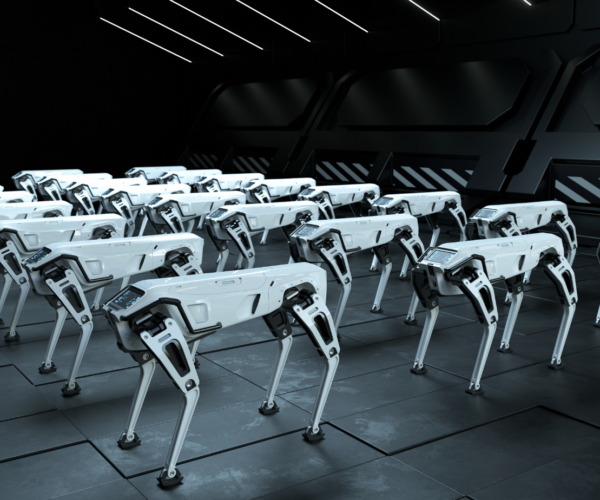
What might the arts and literature, philosophy, and history have to say about the intersections of technology and society? What kinds of insights might they have on the ethics of scientific innovation and the ways we think about creative technologies today? The hub course for this cluster will introduce students to how science fiction in film, literature, and music has offered an arena to think through the confluence of history, politics, economics, philosophy, and science. It will involve guest speakers and 1-2 cultural outings – the latter will be covered at no additional cost to students, but you must be able to fit them into your schedule.
- Hub Art History 18: Art and Climate Change (Art and Literature breadth)
- Wing 1 Earth and Planetary Science 80: Environmental Earth Sciences (Physical Sciences breadth)
- Wing 2 Environmental Economics and Policy 1: Introduction (Social and Behavioral Sciences breadth)
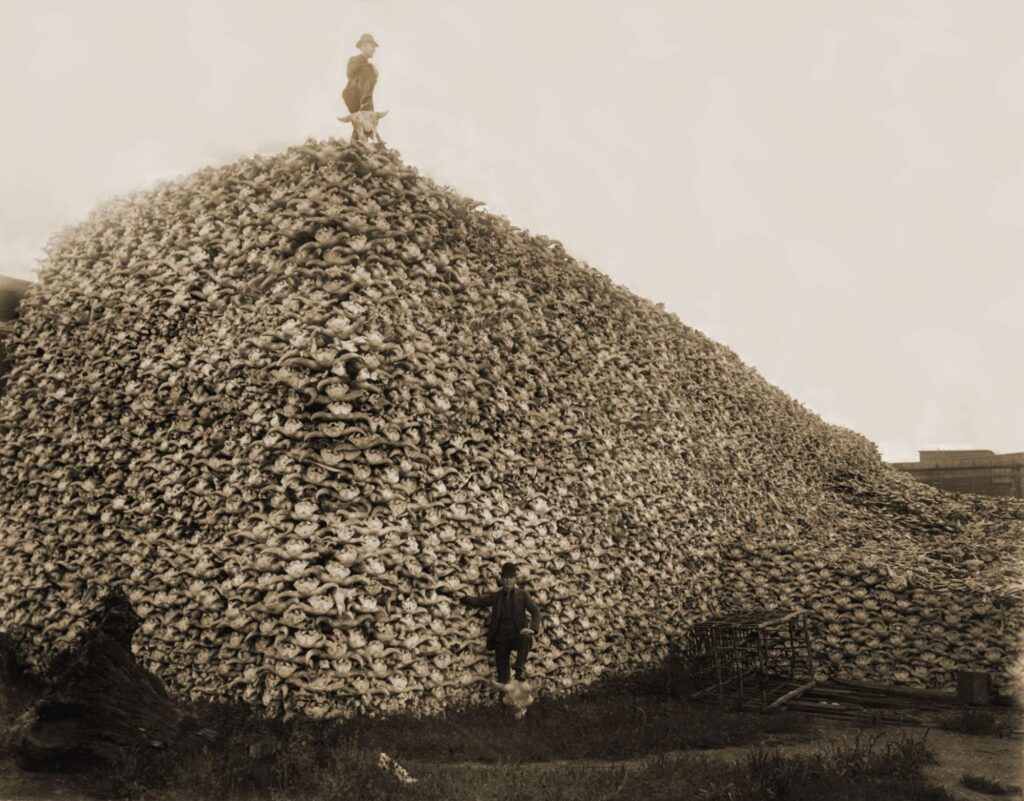
How might we relate microeconomics to the earth’s geological history? And what has art got to do with the economics of climate change? Bringing together the sciences, the social sciences, and the humanities, the three courses in this cluster will prompt you to explore the interconnected ecologies of planetary systems through interdisciplinary frameworks and hands-on creative workshops that emphasize decolonial histories, radical futures, and new imaginaries of life. The hub course in Art History will include walking tours of downtown Berkeley, visits to the Berkeley Art Museum and the UC Botanical Garden, and more. Outings will take place during class time, and all costs will be covered.
- Hub Psychology 22: Neurons in Context (Biological Studies breadth)
- Wing 1 Philosophy 2: Individual Morality and Social Justice (Philosophy and Values breadth)
- Wing 2 Scandinavian Studies 75: Nordic Culture and Values (Historical Studies breadth)
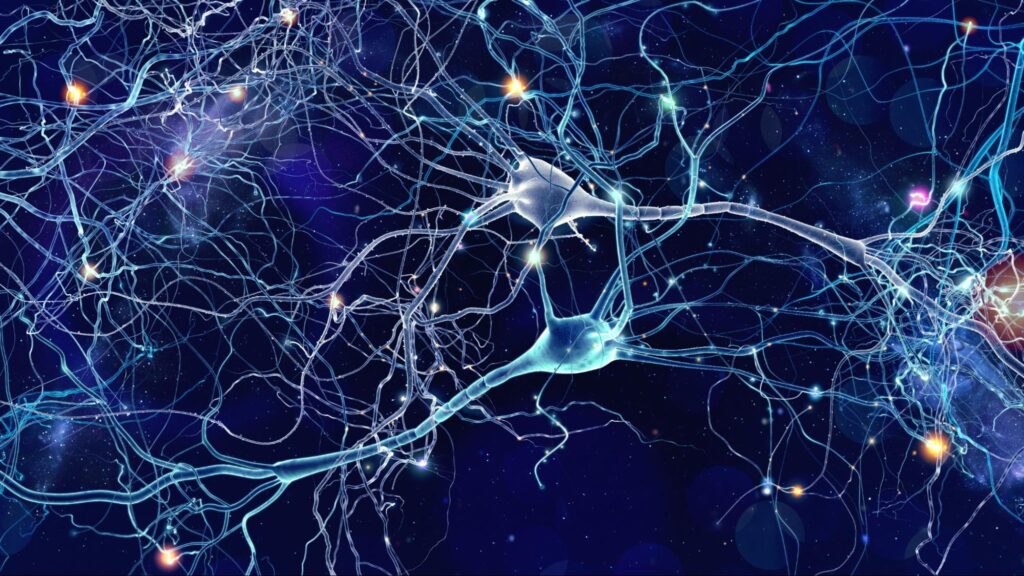
How do threat, deprivation, and uncertainty affect brain development? How can an understanding of neuroplasticity inform our national dialogue about individual and social responsibility? How can we build institutions and other structures that help everyone grow to their full potential and thrive? The hub course in this cluster, “Neurons in Context,” will teach students the basic mechanics of how brains work and how brains develop differently when exposed to stress, hunger, pollution, and other forms of adversity. In the wing courses, students will study questions about ethics and personal choice, social norms, and social change from the perspective of philosophy and from the history of Scandinavia, where these questions have led to particular social and political decisions. Together these classes will scaffold students’ journey through the multiple forces and decisions that shape both society and individual behavior and opportunities.